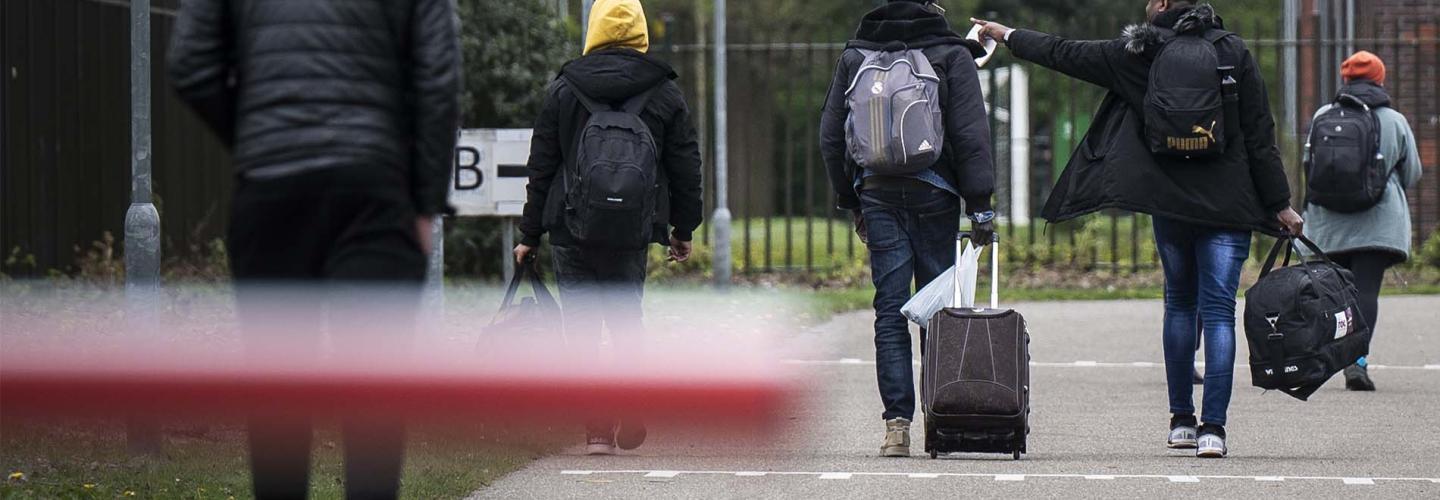The IND aims to make decisions about asylum applications quickly and carefully. Unfortunately, there have been too many applications to process in recent years. As a result, decisions are not always made before the legal deadline, which means that the IND must pay penalties. In 2024, the IND paid €36.8 million in penalties. These penalties do not speed up the application process – they actually have the opposite effect. The time and resources wasted on dealing with court cases and BNTB appeals would be better spent on processing applications.
From two types of penalties to one
A judicial penalty is a sum of money that the IND must pay to an applicant if it misses the new decision deadline imposed by the court. There used to be two types of penalty payments for the IND: administrative and judicial. The administrative penalty had to be paid by the IND if it failed to make a decision within two weeks of a notice of default.
On 15 April 2025, the Revision of Rules on Non-Timely Decisions in Immigration Cases Act came into force, abolishing the administrative penalty. In cases where a notice of default was filed on or after 15 April 2025, the IND no longer has to pay administrative penalties. Applicants can still send the IND a notice of default, however. This is a requirement for a judicial penalty.
A step-by-step explanation of judicial penalties
If a legal decision deadline has passed and the IND has not yet made a decision, the applicant can send the IND a notice of default. This means that the IND will have two more weeks to make a decision. If it fails to do so, the applicant may file a BNTB appeal with the court. A judge then determines how much additional time the IND will have to make a decision.
If the IND also misses this new deadline, the court can impose a judicial penalty. Usually, the court will impose a maximum penalty of €15,000 when ruling on a first BNTB appeal, but in some cases this may be €7,500. If the judge thinks a strong incentive is necessary right away, this amount can reach €37,500 per case. If an application has still not been processed after a previous BNTB ruling, the applicant can file a second BNTB appeal with the court. Often, the court will then also impose a higher penalty. In principle, applicants can submit an unlimited number of BNTB appeals if the IND continues to miss its deadlines.
Penalty payments in 2025
The number of asylum applications is still higher than the IND can handle. This is leading to longer waiting times and more judicial penalties. The total amount of judicial penalties imposed is expected to increase in the coming years.


